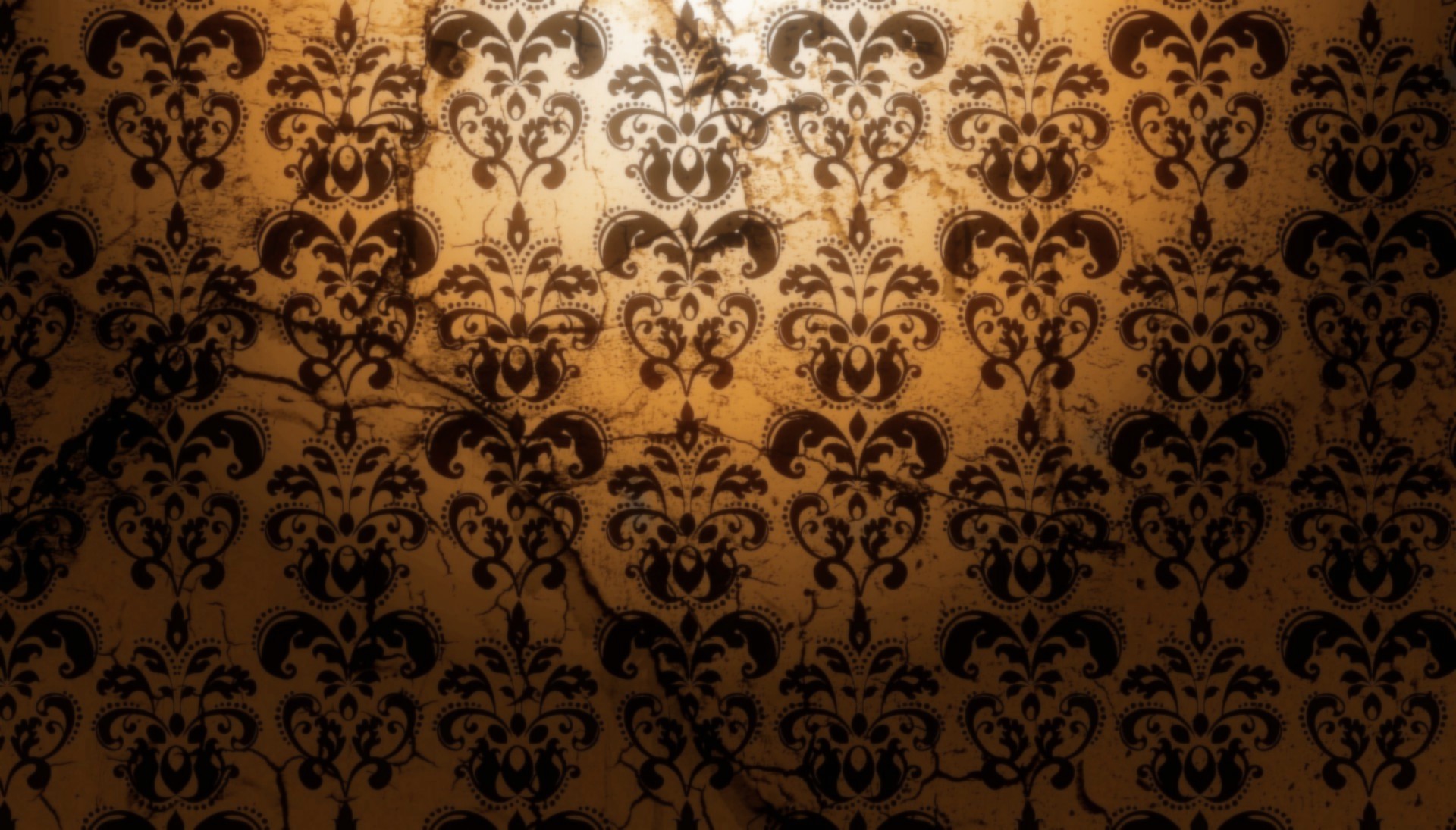/ It wasn’t me, brother, sir. Speak up for me, sir, for I’m not so bad /
.
 The cinematic adaptation of A Clockwork Orange (1962) was accidental. Screenplay writer Terry Southern gave Kubrick a copy of the novel, but, as he was developing a Napoleon Bonaparte–related project, Kubrick put it aside. Kubrick’s wife, in an interview, stated she then gave him the novel after having read it. It had an immediate impact. Of his enthusiasm for it, Kubrick said, “I was excited by everything about it: The plot, the ideas, the characters, and, of course, the language. The story functions, of course, on several levels: Political, sociological, philosophical, and, what’s most important, on a dreamlike psychological-symbolic level.” Kubrick wrote a screenplay faithful to the novel, saying, “I think whatever Burgess had to say about the story was said in the book, but I did invent a few useful narrative ideas and reshape some of the scenes.” Kubrick based the script on the shortened US edition of the book, which omitted the final chapter.
The cinematic adaptation of A Clockwork Orange (1962) was accidental. Screenplay writer Terry Southern gave Kubrick a copy of the novel, but, as he was developing a Napoleon Bonaparte–related project, Kubrick put it aside. Kubrick’s wife, in an interview, stated she then gave him the novel after having read it. It had an immediate impact. Of his enthusiasm for it, Kubrick said, “I was excited by everything about it: The plot, the ideas, the characters, and, of course, the language. The story functions, of course, on several levels: Political, sociological, philosophical, and, what’s most important, on a dreamlike psychological-symbolic level.” Kubrick wrote a screenplay faithful to the novel, saying, “I think whatever Burgess had to say about the story was said in the book, but I did invent a few useful narrative ideas and reshape some of the scenes.” Kubrick based the script on the shortened US edition of the book, which omitted the final chapter.
Audio Player
.
It wasn’t me, brother, sir. Speak up for me, sir, for I’m not so bad. I was led on by the treachery of others, sir. And where are my stinking traitorous droogs. Get them before the get away. It was all their idea, brothers. They forced me to do it. I’m innocent.
– You are now a murderer, little Alex. A murderer!
Not true, sir. It was only a slight tolchok. She were breathing, I swear it.
OTHER CONCEPTS



